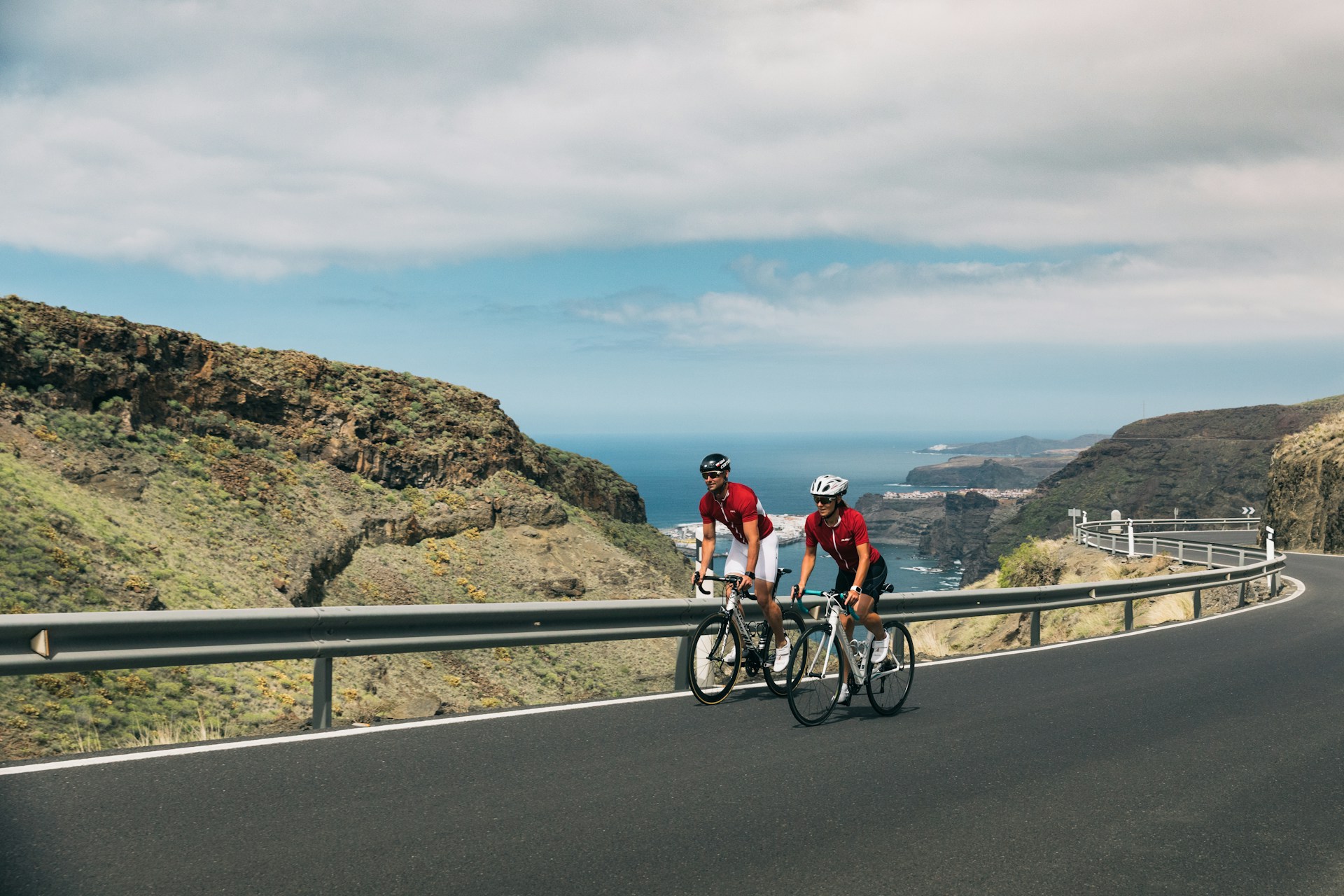Records set by Marco Pantani and Lance Armstrong seemed untouchable, tarnished by years of organized cheating within professional cycling. However, their names still held places atop the annals of certain climbs in the Tour de France, like scars that refused to heal. Tadej Pogacar has just reopened these wounds by shattering the performances of these notorious predecessors. On Sunday, July 14, the Yellow Jersey holder ascended the Plateau de Beille (15.8km at an average gradient of 7.9%) 3 minutes and 40 seconds faster than Marco Pantani.
The day before, with fresh legs, the Slovenian had already beaten Lance Armstrong’s time on the Pla d’Adet (10.6km also at 7.9% average gradient) by nearly 2 minutes, relegating Bernard Hinault and Raymond Poulidor to more than 5 minutes behind (see below). A week earlier, the record for the mythical Galibier during stage 4 was broken, with Pogacar recording an astonishing top speed of 37.8 km/h, according to data collected from his Strava profile.
Pogacar’s Speed on the Plateau de Beille
While Tadej Pogacar garners much attention, Jonas Vingegaard and Remco Evenepoel, the second and third place finishers of this Tour, also broke Pantani’s record on the Plateau de Beille. Overall, this year’s Tour de France is moving at phenomenal speeds. For instance, during the second mountain stage traversing the Massif Central, the leaders completed the 211km with 4350m of positive elevation gain at an average speed of 42.5 km/h, despite a late-stage slump by Pogacar, finishing 26 minutes ahead of the fastest expected time set by the organizers.
This impressive performance has left the resilient riders in the peloton struggling to keep up. “You guys passed me at such a speed, I had over 360 watts after two hours. Crazy,” said Bruno Armirail to his teammates Félix Gall and Nans Peters in a video released by the French team Décathlon-AG2R. Similar sentiments were echoed by Cofidis leader Guillaume Martin at the Pla d’Adet press point: “It went very fast from the bottom; I held on as long as I could, but then they sped up even more when I slowed down. It’s a different world…”
“Beware of Simplistic Explanations”
Such performances, as in the last five editions, have reignited doping suspicions. The watts, a unit of measurement for a cyclist’s pedaling power, are continually scrutinized. In modern cycling, this unit has become an essential component of performance, with every rider glued to their power meter. The division of watts by the cyclist’s weight supposedly yields a magic number capable of identifying cheaters. “After 5 climbs and 5 hours 13 minutes of effort, 15.95 km at 7.87% (Plateau de Beille) in 39 minutes 46 seconds at 24.07 km/h. It’s monstrous, that’s 480 watts Normalized (watts adjusted to limit the influence of weight), or more!” wrote Antoine Vayer, a former member of Festina turned anti-doping columnist, on X, comparing the estimated data from Pogacar’s climb to those of Lance Armstrong.
